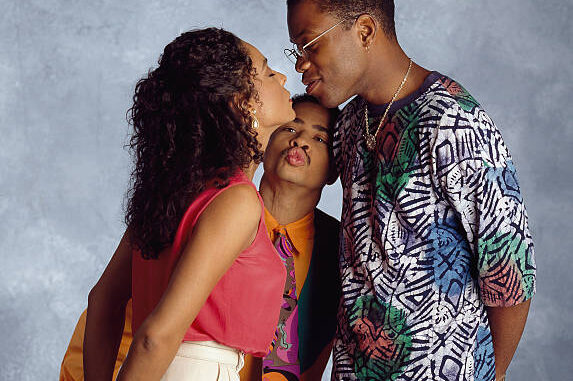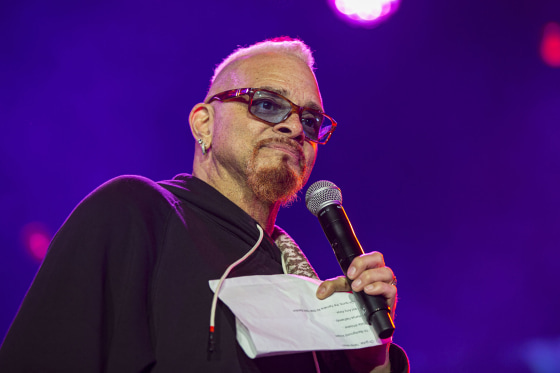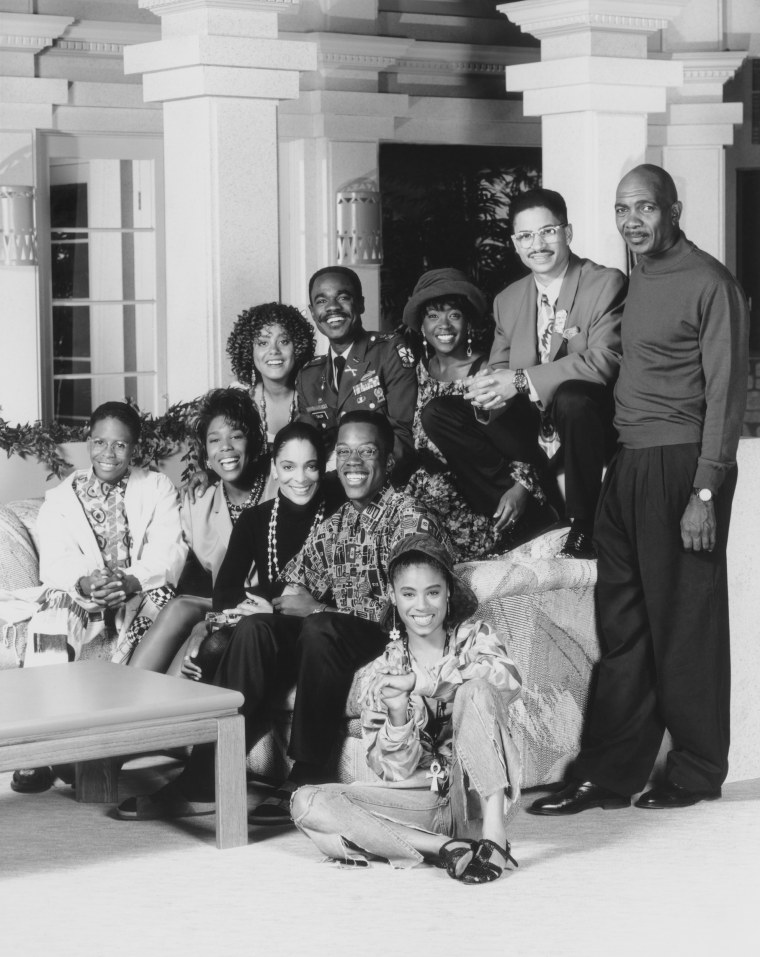
Interest in historically Black colleges and universities is surging.
For example, Howard University, among the nation’s top HBCUs, received a record 37,000 applications for its upcoming freshman class.
But this isn’t the first time Black colleges have seen a spike in interest. Though HBCU enrollment increased more than 25% between 1976 and 1994, according to the National Center for Education Statistics, a big leap in admissions coincided with the run of the college-set sitcom “A Different World.”
Premiering on NBC in 1987, the “Cosby Show” spinoff was set on the fictional Hillman College campus and ran for six seasons. Its majority-Black cast provided a bold injection of cultural flavor and a counter to many of the stereotypical depictions of young African Americans in the 1980s and early ‘90s.

Now, as the world of higher education continues to shift, the cast is coming back together to celebrate the show’s lasting legacy, 35 years after its premiere, with a tour of HBCUs across the country.
This explosion of interest is happening as racial strife continues to affect students’ lived experiences, alongside the undoing of affirmative action in college admissions; an attack on diversity, equity and inclusion programs; and student uprisings over America’s foreign policy.
“We tackled all the issues you see college kids attack, because it’s usually in college where you come into your own self-awareness,” Darryl M. Bell, who played Ron Johnson on “A Different World,” said in a recent interview.
Through the lives of its eclectic ensemble of characters — including the bougie Whitley Gilbert; the cool mathematician Dwayne Wayne and his charismatic girl-chasing best friend Ron Johnson; the free-spirit Freddie Brooks; the hardworking Kimberly Reese; the older “sister” of the bunch Jaleesa Vinson; and Col. Taylor, the tough-as-nails math professor and commander of the campus ROTC — the cast tackled some of the most pressing social and political issues of the day. From apartheid in South Africa and domestic violence to AIDS and police brutality, the show took elevating the voices of and issues facing young Black America seriously.
Fast-forward decades later to President Joe Biden’s commencement address at Morehouse College, where he praised the school’s history.

“The founders of Morehouse understood something fundamental. Education is linked to freedom. Because to be free means to have something that no one can ever take away from you,” Biden said, before announcing $16 billion in new investments for historically Black colleges and universities.
Still, in true historical fashion, a number of students at the commencement ceremony committed acts of silent protest, drawing attention to the country’s foreign policy and the U.S. government’s support of Israel’s bloody war in the Gaza Strip.
Some things change, some things don’t.
“We were protesting apartheid. … Kids were protesting apartheid and censorship on the radios, and now you have Black Lives Matter,” Bell said. “It changes over generations, but the struggle is always real.”
Earlier this year, the cast reunited for its HBCU tour to raise awareness about the institutions, establish a “Different World” scholarship fund and connect with a new generation of young, gifted and Black students.
It’s also the perfect opportunity, said Dawnn Lewis — Jaleesa on the show — to remind young Black Americans of their collective power.
“I think the point is to keep talking, to keep having the conversation, to let them know — give them the permission to know — that they are empowered to have the conversation,” she said.
In the face of book bans and the rollback of DEI initiatives and ever-present racism Lewis urged, “you need to vote. You need to read. What’s happening in the world today is an all-out assault on the truth of history, on the rights that we have fought and earned. So you’ve got to know who is who and if for no other reason, vote for the future.”
